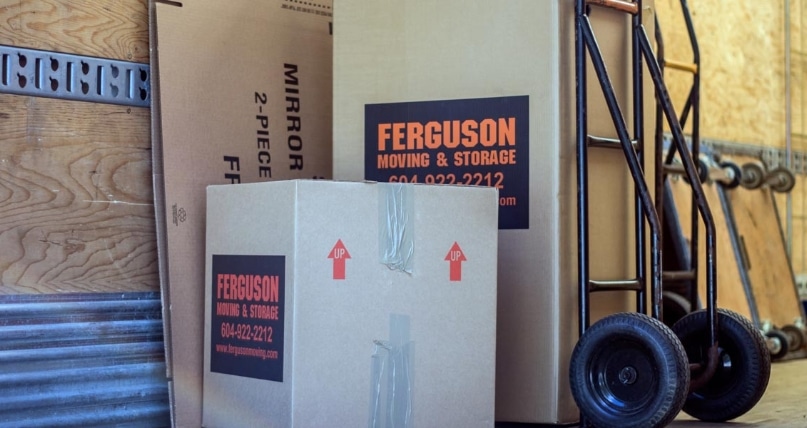- Moving Tips, Vancouver Movers Guide
Tips before a tenant moves in: BC tenancy, damage & pet deposits

B.C. Tenancy tips for before a tenant moves in — damage and pet deposits
It’s very common for people to rent out their Vancouver homes to help pay the bills. We’ve been covering tenancy tips on our blog, and if you haven’t checked them out yet, we advise you do so before reading this piece. Most recently, we covered how to legalize a suite before a tenant moves in. We’re going to pick up where we left off and talk about the next steps to take — specifically about rental deposits in B.C.
Avoid rental deposit pitfalls before a tenant moves in
In order to create a tenancy, landlords must create a written agreement between themselves and renters. However, that being said, a lot of people don’t realize that a security deposit can immediately secure a tenancy. That is, once a renter pays a deposit, he or she is considered a tenant. This is regardless of whether a tenancy agreement has been signed. This is very important to consider before a tenant moves in, because inadvertently starting a tenancy before you have a signed agreement can lead to a host of misunderstandings.
The takeaway? Don’t take someone’s money unless you are absolutely certain you want them to move into your place immediately!
Pet deposits
The next thing to consider is the type of deposits that you can ask for as a landlord. In B.C., you have the ability to ask for a pet deposit (if you allow pets) and a damage deposit before a tenant moves in, according to the B.C. Tenant Act guide.
Pet deposits are one-time payments that you can charge just before a tenant moves into your Vancouver home. The B.C. Tenant Act guide also urges that you be mindful of how much you ask for — a deposit can never exceed half a month’s rent. This applies, no matter how many or few pets your tenant has. Furthermore, the damage deposit and pet deposit combined cannot exceed one full month’s rent.
Protect yourself with a condition inspection & report before your new tenant moves in
One potential challenge that can come between a landlord and tenant is if and when a landlord should subtract money from a damage deposit. The greatest danger is that it can turn into a unresolvable game of ‘he said, she said.’ One side may say the damage was not present during the start of their tenancy, while the other may disagree.
As a responsible landlord, you can prevent this by getting together with your renter just before your tenant moves in to do a condition inspection and report. We’d suggest downloading, printing and filling out a report. Make sure you and your new tenant have copies. This will make it much easier to resolve disputes over whether tenants should or shouldn’t pay for damage to their rental units.
Stay tuned to the Vancouver Movers Guide, by Ferguson Moving & Storage
We at Ferguson Moving & Storage are dedicated to making moving easier. With over 99 years in the Vancouver moving business, we have a lot of experience helping landlords and tenants who are moving. So feel free to drop us a line if you’re in need of any advice. We’ll continue to explore the ever-important topic of how to build good relationships between landlords and tenants, so keep checking back with us on this blog!
Whether you’re moving within Vancouver or relocating from abroad – for all your moving and storage needs – contact Ferguson Moving and Storage at 604-922-2212 and find out more about us online!

Categories
Moving Tips

This is the heading
Lorem ipsum dolor sit amet, consectetur adipiscing elit. Ut elit tellus, luctus nec ullamcorper mattis, pulvinar dapibus leo.

This is the heading
Lorem ipsum dolor sit amet, consectetur adipiscing elit. Ut elit tellus, luctus nec ullamcorper mattis, pulvinar dapibus leo.
We make moves easy for you.
- Local Moving
- Long Distance Moving
- Seniors Moving
- Piano Moving
- Item Relocation
- Overnight and Long-term Storage
- Packing Supplies





